
It's been an eventful year in the sports media world, but it hasn't been an easy-to-summarize one. The year's top sports stories have run the gamut from horrifying to exhilarating, with everything from the Jerry Sandusky/Penn State scandal to the Olympics to the Lance Armstrong saga getting plenty of attention, and there have been huge developments on the media front as well. To sum it all up, here are five themes from the year in sports media and what they might mean going forward.
1. The appetite for sports television hasn't peaked yet:
When the Big Ten Network launched in 2007, there were significant questions about if there was really enough demand for a network focusing on just a single college conference. Five years later, the landscape's rather different: the Big Ten Network has been so successful (and gained so much carriage) that it's proven a driving influence in conference realignment (hello, Maryland and Rutgers!), and everyone else is trying to copy it. The Pac-12 went even bigger this year with a collection of regional networks, and most of the recent wave of realignment has been fueled by schools trying to get even bigger shares of a pie of rights fees that seems to be perpetually growing. That's becoming even a larger story now thanks to college football's decision to go to a playoff (#6 on that AP story list), which may be partly thanks to questions about the problems with the BCS, but is likely thanks to the massive pot of money being dangled for playoff broadcasting rights.
It's not just college sports, either. The money being paid for everything from individual baseball teams' games to English Premier League rights to NFL broadcast rights is getting astronomical. Networks are also looking to bring in as much sports content as possible, as evidenced by NBC Sports Network, CBS Sports Network and Fox's soon-to-be-launched national sports network. Heck, even the University of Texas has been trying with their own network, although it's proven rather divisive and only a few still get it. (Carriage debates form their own fascinating part of this discussion.)
That seems unlikely to stop any time soon. Much of the appeal of sports programming comes from the numbers who watch it live; more and more people have DVRs these days and use those (or other alternative methods) to watch scripted and reality TV, so sports is one of the few areas where networks can still offer ad spots that will be seen by most viewers. That doesn't mean everything sports will instantly sell; the struggles the remains of the Big East face trying to get a decent TV deal are an illustration here, as are NBC Sports Network's ratings struggles (which the NHL lockout has also played a factor in) and the Longhorn Network's challenges. The live ratings for big-ticket sports events remain strong, though, and you can't say that about much of the rest of TV. When you also consider the amount of networks trying to get in on the all-sports pie and convince distributors they're worth decent carriage fees, we may see even higher bidding wars over premium broadcast rights for games, teams and leagues in the next few years. There may well be a sports television cliff, but we don't appear to have reached it yet.
2. Debate is being embraced:
ESPN's received plenty of criticism over the way they've pushed "debate" (particularly the Skip Bayless-Stephen A. Smith First Take brand), and deservedly so, but they have a reason. They think it's what viewers want, and the ratings suggest they aren't entirely wrong. The "debate" idea stretches well beyond just First Take, too; ESPN's Michael Smith admitted at Blogs With Balls this fall that Numbers Never Lie has gone from a stats show to something that "now is a debate show, like most other shows on ESPN" (not surprising, considering some of the conclusions they've used numbers for), and we're seeing this with halftime shows like the Lou Holtz-Mark May pairing. CBS has gone that way a bit at times too, so it's not just ESPN, and it would not be surprising to see these kinds of argument shows gain more traction on the various sports-only networks starting up. The top stories of the year provided ample fodder for this kind of stuff, too; apart from manufactured debates like the endless Tim Tebow one, there have been plenty of other things for talking heads to argue about, including Lance Armstrong and PEDs (#2 on the AP list), BountyGate (#3), the college football playoff (#6) and the NFL's replacement refs (#7). This isn't only a television thing, either; the online sports marketplace is getting more crowded as well, and many see strong takes as a way to stand out. We'll see if that trend continues in 2013.
3. Online synergy with other platforms matters more:
One of the most notable trends in 2012 was various sports media companies trying to expand their brand into other realms. The NBC/Yahoo! partnership and Turner's acquisition of Bleacher Report obviously stand out as the most prominent moves here, but there have been plenty of other memorable ones: NBC further integrating their online content with NBC Sports Network (Pro Football Talk Live in particular stands out), CBS and Yahoo!'s moves on the radio front, USA Today's sports expansion and the Sports On Earth launch, the moves NBC, CBS, Fox and ESPN have made with their online sports sites, the growing emphasis SB Nation and Bleacher Report have placed on projects like original video, and many more. Driven by the demand for sports content and the crowded media landscape, everyone's looking to make their own media empire bigger and more powerful, and cross-platform synergy's certainly one way to do that.
4. The mainstream and blogging landscape has shifted:
It's not necessarily that there were more sports media fights in 2012 than there have been in previous years, but there does appear to have been a bit of a shift in who's doing the fighting. When Boston Globe hockey scribe Kevin-Paul Dupont went off on bloggers in October, it felt charmingly quaint. It's not really blog/media fights as much these days, but more big media-on-big media. Some of that's probably spurred by the crowded marketplace and the desire to stand out, and a lot of it's probably over the "embrace debate" philosophy. But another part of it's how we communicate; it's much easier to fire off a quick tweet blasting someone (and conversely, it's much easier to tweet something that's seen as provocative) than it is to get approval for a whole column on the subject. It's also much easier to directly contact a rival or competitor simply by sending one 140 character message. There's more media-on-media discussion in the public realm, and that's led to more debate and more clashes. This happens over everything from top stories (Armstrong, replacement refs, BountyGate) to tennis to arguments on who created what, and we're unlikely to see the end of it any time soon.
5. Errors and controversial decisions will be seen, and debated:
The aforementioned media fights aren't always over differences of opinion on a sports topic. Many of the most notable ones this year have been over behind-the-scenes journalism issues, such as controversies over ESPN's sourcing protocols and ESPN's John Walsh's erroneous comments about why Deadspin's John Koblin was going after them. This is partly thanks to the debate atmosphere, but the growing synergy and alliances between big players may be reinforcing an "us-and-them" atmosphere. As Deadspin's Sean Newell points out, sourcing debates matter from a standpoint of breaking news versus just repeating it (and thus, they impact a network's reputation).
There are plenty of big players all eager to prove themselves now, and that may come into some of the questionable decisions we've seen made in 2012. What's really notable is that errors of judgement don't go unnoticed now, though; we've seen that on the media issues side from examples like Walsh's comments to a sports journalism class to CBS' errant, initially-unattributed report of Joe Paterno's death (part of the #1 AP story of the year), and we've also seen that in the sports personality realm thanks to things like Jason Whitlock's tweet about Jeremy Lin's um, endowment and Rob Parker questioning if Robert Griffin III was a "cornball brother." This trend isn't new to 2012, but it rose sharply this year and it should only be expected to rise further. Mistakes and questionable decisions will be noted and discussed far and wide going forward, regardless of if they were initially for a small audience. The sports media world should keep that in mind.

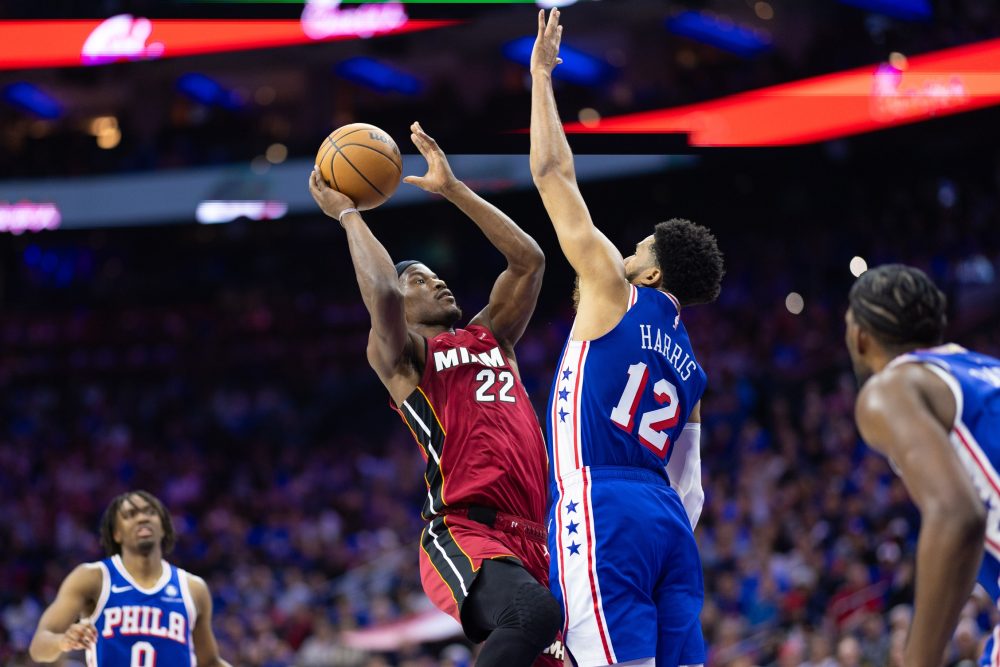
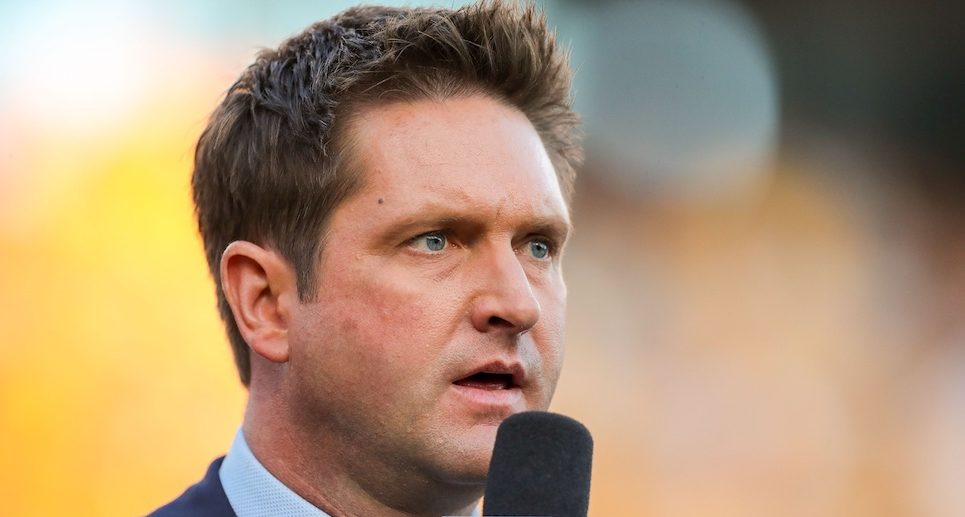
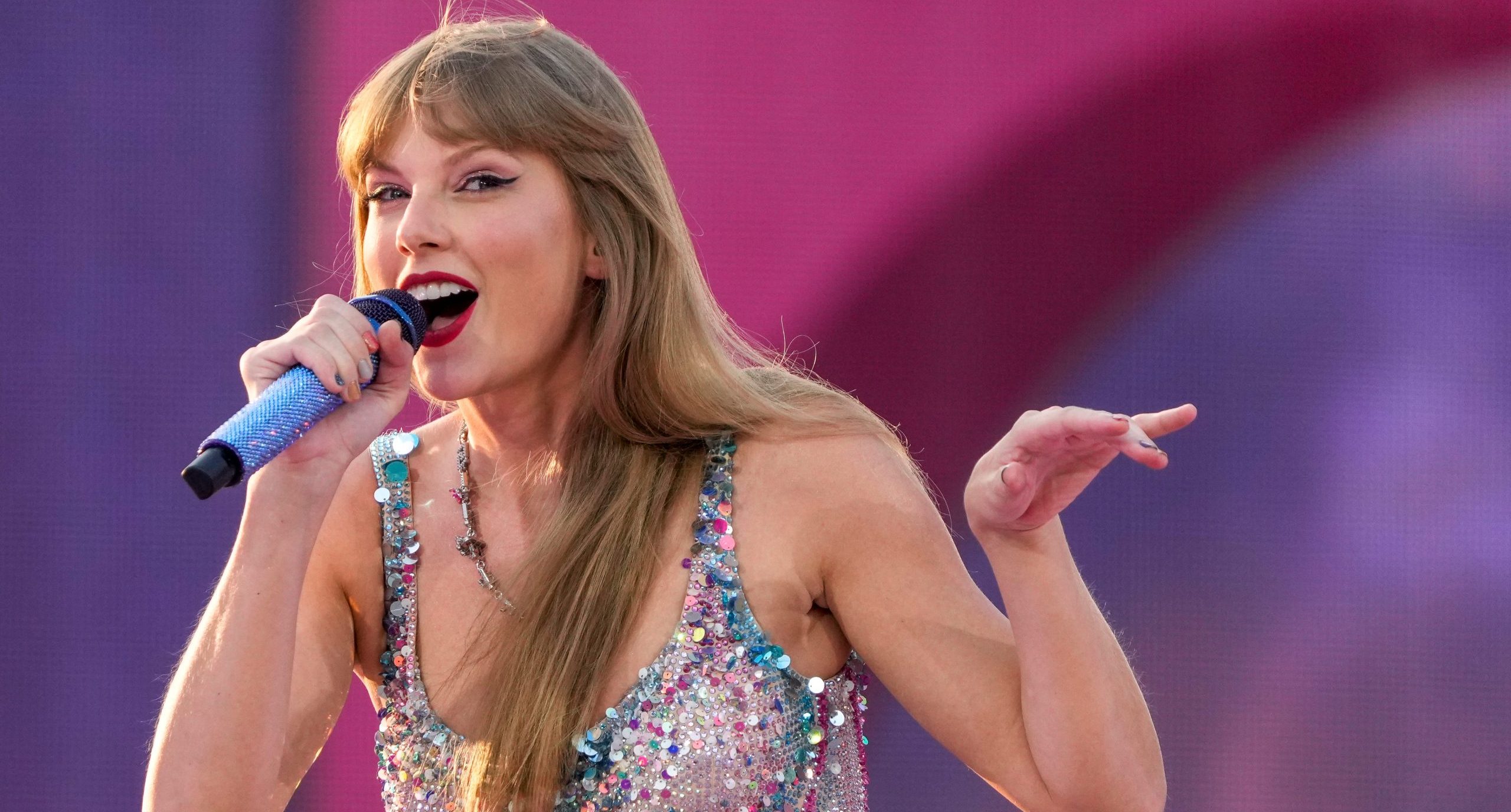
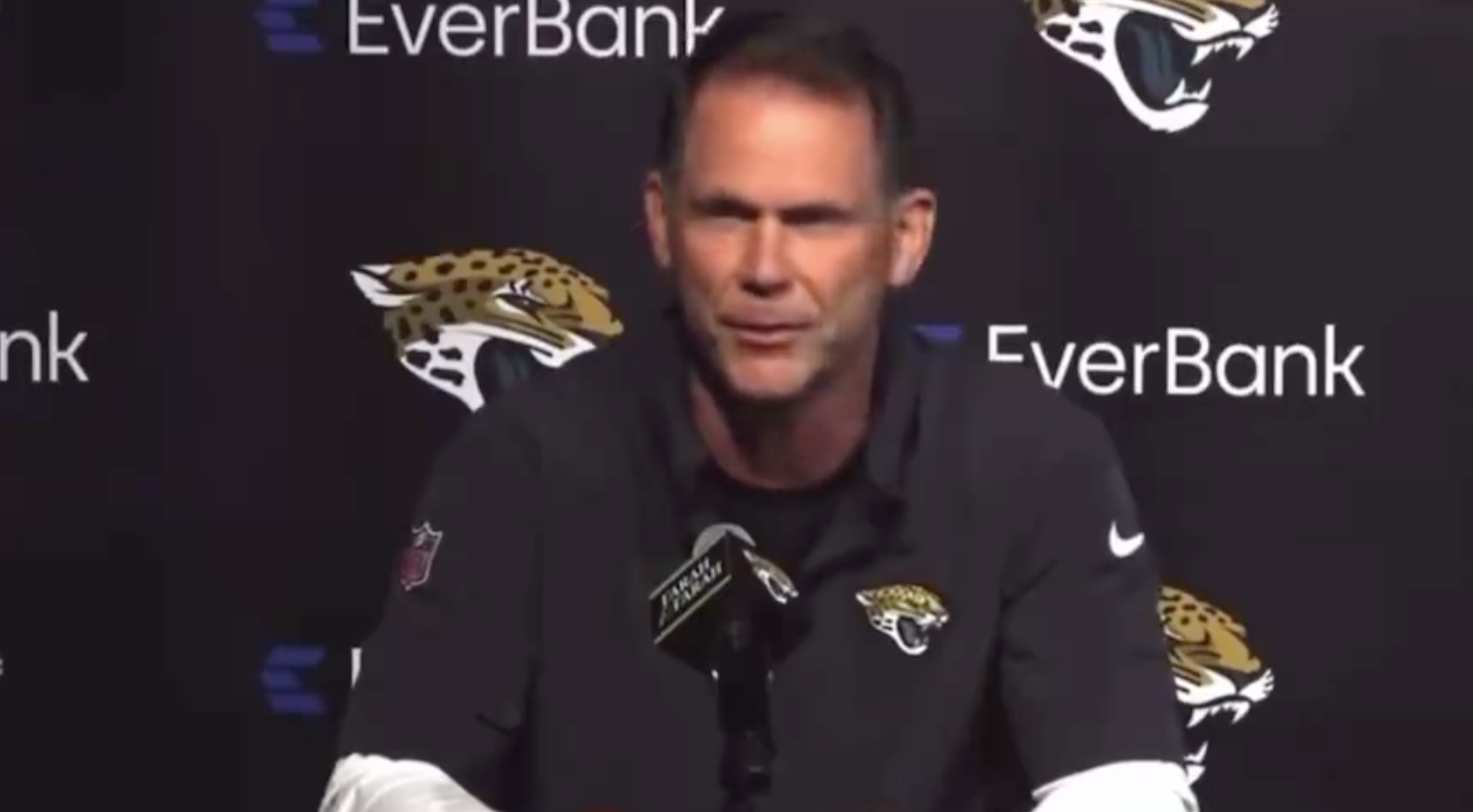
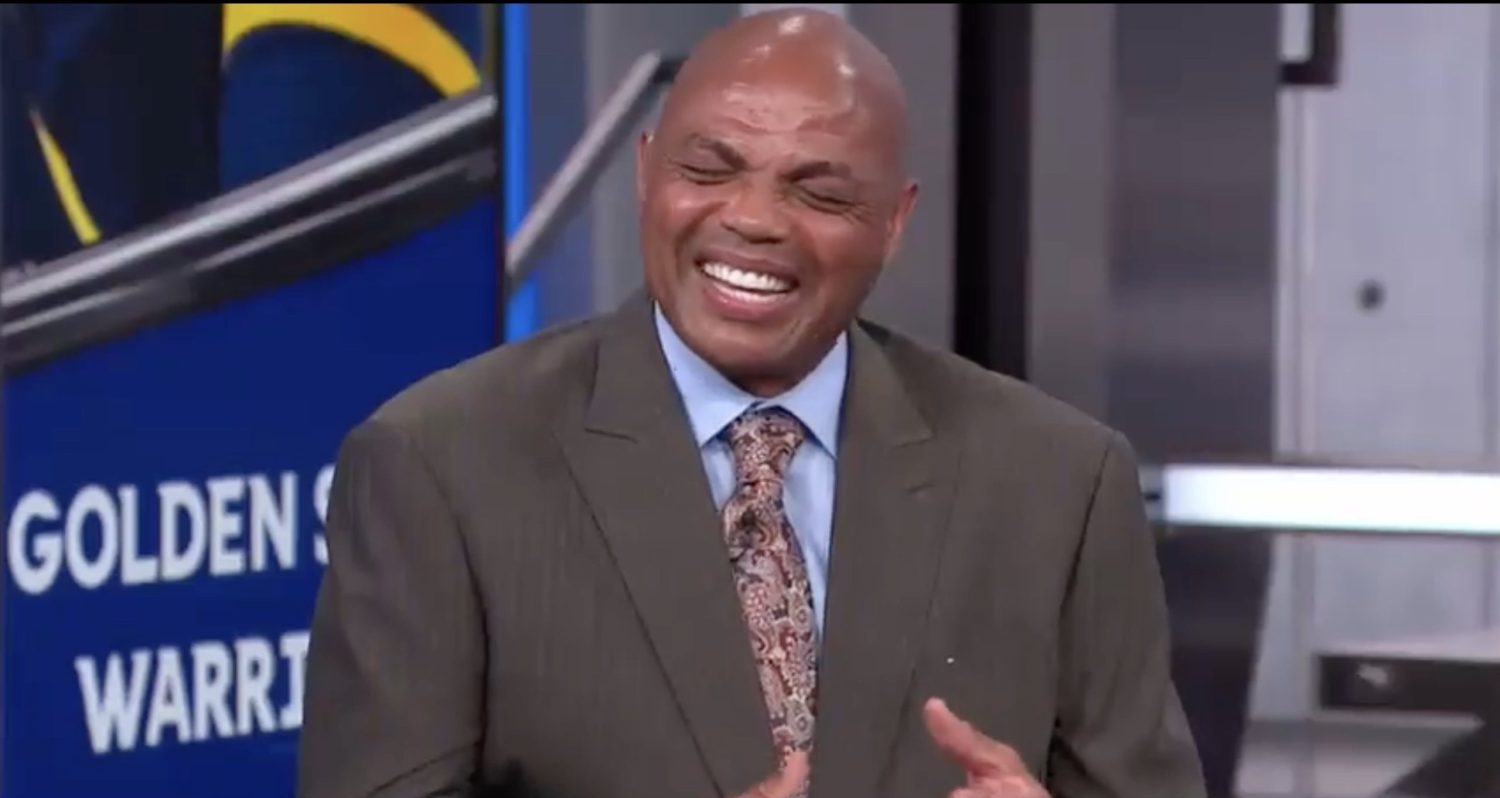
Comments are closed.